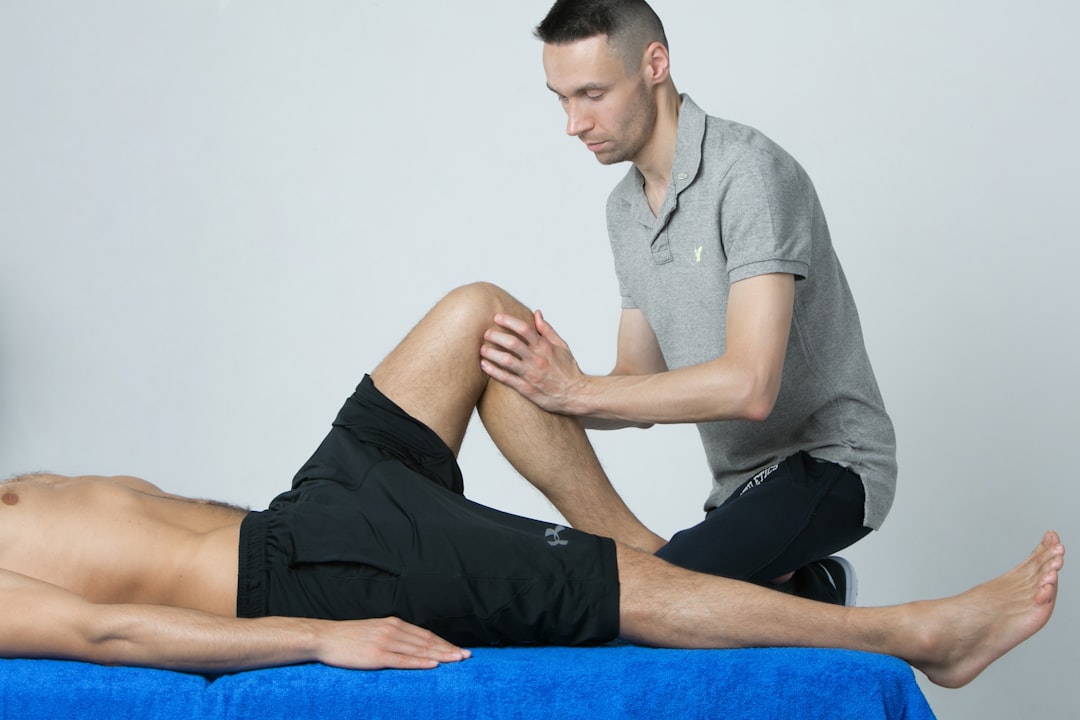Do you ever feel an irregular or pounding heartbeat? You may be experiencing heart palpitations anxiety. This is a common symptom of stress and anxiety. It can cause feelings of fear, panic, or a sense of impending doom. In this article, we’ll explore what heart palpitations anxiety is and how it can be managed.
What Are Heart Palpitations?
Heart palpitations are sensations that occur when your heart rate increases suddenly. They usually feel like a fluttering in your chest or neck that can last for several seconds to minutes at a time. During an episode, you may also experience shortness of breath, lightheadedness, dizziness, sweating, nausea and chest pain. These episodes often happen when someone is feeling stressed or anxious but they can also occur for other reasons such as caffeine consumption or exercise-related activities.
What Causes Heart Palpitations Anxiety?
Heart palpitations anxiety occurs when the body’s fight-or-flight response is triggered by fear or stressors in the environment. The body releases hormones such as adrenaline which causes your heart rate to increase and blood vessels to constrict leading to the physical symptoms associated with an episode of heart palpitations anxiety such as rapid breathing and increased perspiration levels.
How Can I Manage My Heart Palpitation Anxiety?
The first step in managing heart palpitation anxiety is identifying potential triggers such as stressful situations at work or home life issues that may be causing the episodes to occur more frequently than normal. Once these triggers have been identified it’s important to develop strategies for dealing with them effectively without resorting to unhealthy coping mechanisms like smoking cigarettes or drinking alcohol which could further exacerbate the situation if done too often over long periods of time. Additionally finding ways to relax such as deep breathing exercises yoga meditation walking etc., can help reduce overall feelings of stress and therefore reduce occurrences of heart palpitation anxiety episodes when faced with certain triggers in life situations.
It’s also important to speak with your doctor if you’re experiencing frequent episodes so they can provide additional guidance on how best manage them through lifestyle changes medications etc Additionally seeking professional counseling from a mental health provider may be helpful depending on individual circumstances.
Finally it’s important not forget about self-care practices like getting enough rest eating healthy balanced meals regularly exercising engaging in activities that bring joy into one’s life spending quality time with family friends etc These activities are all essential components towards maintaining good mental health overall which will ultimately help one better manage any future occurrences of heart palpitation anxiety.
In conclusion understanding what causes these types of episodes learning how best manage them through lifestyle changes talking with one’s doctor seeking professional counseling if needed self-care practices etc., all contribute towards helping individuals better understand their own unique experiences related to this condition. By doing so individuals are able take proactive steps towards improving their overall quality life by reducing frequency severity any future occurrences related this condition known as ‘heart palpatitions anxiet y’.










